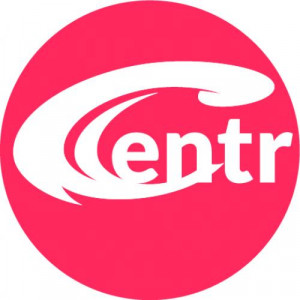Europol competences to fight terrorism strengthened – The European Parliament approved a regulation, which expands Europol’s powers to fight terrorism and cybercrime. Under the new rules, the Internal Referral Unit will be able to directly ask social media companies, such as Facebook and Twitter, to delete illegal online content or sites run by terrorists.
Its powers are limited, however, to the extent that the unit may only receive and distribute data from these companies (e.g. that could link an IP address to a person), yet, it may not request such data. In addition, the regulation seeks to enhance the information exchange between Europol and national authorities (see Europol, Heise).
EU Internet Forum: Still lacking transparency – Already in December we reported on EDRi’s request to access documents related to the secretive tech alliance aimed at tackling terrorist content online. The Commission itself has not moved. In the meantime, Belgian MEP Gérard Deprez (ALDE) launched a parliamentary question on the issue asking about progress – so even the European Parliament does not seem to know more. He worryingly stresses that “Internet companies have a crucial role to play in the detection and removal of online hate speech and incitement to terrorism and radicalisation” – not forgetting about government and authorities, though, who “must also play a central role”. A response from the Commission should be available in the coming weeks.
ECB steps up efforts to tackle cybercrime – The European Central Bank plans to extend a pilot project under which currently 18 Euro-zone banks voluntarily report major cybercrimes. By the end of this year, it should cover all 129 banks under ECB supervision. Incidents are registered in a central database and the information is used to warn other banks of emerging threats (see Reuters). Only today did SWIFT warn its customers about malware, yet emphasised that its “core messaging services and software have not been compromised”.
Reshuffle in DG Connect – Rumour has it that DG Connect will see another restructuring – at least of some of its parts. Units related to e-government, eIDAS and e-infrastructure are said to move to Luxembourg and to join DG Digit. Other units based in Brussels will see their heads change or move. Changes or additions will also affect Oettinger’s Cabinet. We will keep you posted.
30 organisations sign Coordinated Vulnerability Disclosure Manifesto – The signatories, including organisations in transport, healthcare, energy, telecom and banking, declared to support “the principle of having a point of contact to which to report IT vulnerabilities to” by means of a simple procedure. The manifesto, initiated by Rabobank and CIO Platform Netherlands, is open to other participants (see ENISA, Telecompaper).
FBI continues fight for access to electronic devices –The FBI expects more litigation and is looking for ways to use the tool that cracked the San Bernardino iPhone to unlock another 500 phones (out of 4,000 it has under examination) (see Reuters, Heise).


